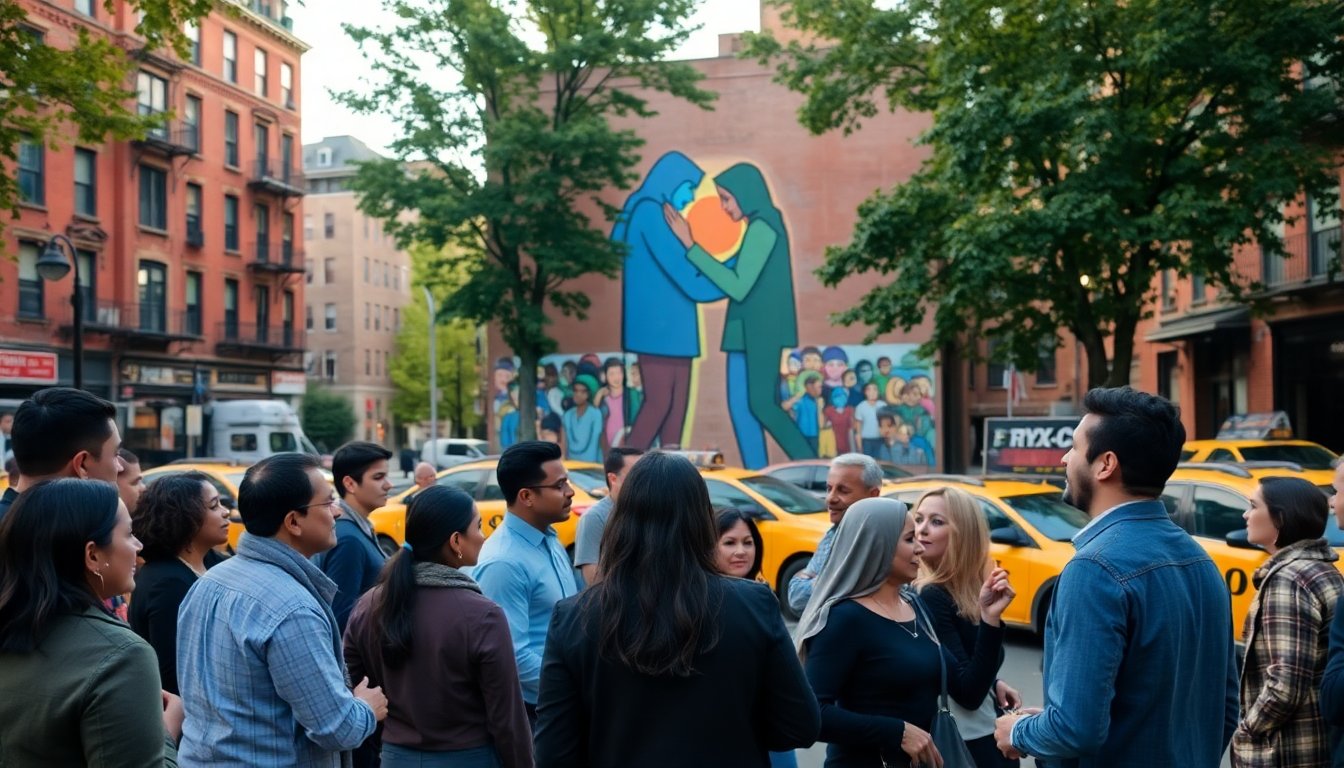Table of Contents
The upcoming mayoral election in New York City has brought to light various perspectives on identity and belonging, particularly surrounding Zohran Mamdani. As a candidate with a unique background, he has garnered attention not only for his political stance but also for the comments made by his mother regarding his identity. This article delves into the implications of these statements and how they resonate within the broader context of American values.
In a 2013 interview, his mother, acclaimed filmmaker Mira Nair, expressed that her son does not identify as American, describing him as a total desi. This term, used in South Asian culture, signifies someone deeply rooted in their Indian heritage. Nair’s commentary raises questions about how individuals raised in the United States perceive their national identity and the implications of such views on their political aspirations.
Understanding cultural identity in Mamdani’s narrative
Born in Uganda and relocating to the U.S. at a young age, Mamdani holds dual citizenship and was naturalized in 2018. His mother’s assertion that he is “not an Uhmericcan” has sparked controversy. Many have interpreted her words as a rejection of the country that provided them opportunities. Attorney Mehek Cooke criticized this viewpoint, labeling the term firang—used to describe foreigners—as derogatory when applied to one’s own child.
Rejection of American identity?
Cooke articulated that Nair’s comments reflect a disdain for American culture, pointing out that Mamdani’s upbringing in the U.S. contradicts his mother’s assertions. She emphasized that embracing a foreign identity while enjoying the freedoms and opportunities of the U.S. sends a troubling message about belonging and responsibility. According to Cooke, this attitude nurtures a sense of resentment among those who adopt it.
Mamdani’s political platform, which includes promises such as freezing rent and increasing taxes on the wealthiest New Yorkers, raises further questions about his views on American identity. Critics argue that his proposed socialist policies contradict the values associated with American exceptionalism and economic opportunity. The tension between his identity and policy positions creates a complex narrative for voters to navigate.
Political implications and public perception
As Mamdani’s campaign gains momentum, his affiliation with the Democratic Socialists of America (DSA) has drawn scrutiny. His critics argue that the DSA’s radical positions threaten the stability of New York City. A recent report highlighted concerns regarding the DSA’s anti-Zionist stance, which some perceive as inherently antisemitic, further complicating Mamdani’s political identity.
Public reactions and the future of Mamdani’s campaign
Public reaction to Mamdani’s campaign has been mixed, particularly amongst New York’s Jewish community. His controversial comments about Israel and his ties to radical groups have raised alarms for many. Furthermore, his previous statements about arresting Israeli leaders if they visit New York have only intensified scrutiny. As the election approaches, these issues could significantly impact voter sentiment.
Amidst the controversies, Mamdani’s supporters, primarily younger and well-educated voters, resonate with his message of change and social justice. However, the underlying frustration among this demographic regarding economic challenges and perceived failures of the American system may also contribute to their support for a candidate like Mamdani, who promises a radical shift.
The broader implications of Mamdani’s candidacy
Ultimately, Zohran Mamdani’s campaign for mayor of New York City embodies a clash of values and identities that reflects broader societal tensions. As discussions around identity, belonging, and political ideology unfold, they challenge traditional narratives about what it means to be American. The implications of this candidacy extend beyond the mayoral race, potentially influencing political discourse across the nation.
As we move closer to the election, the interplay of Mamdani’s identity and political positions will undoubtedly shape the narrative around his candidacy. The evolving conversations surrounding his background and the values he represents may set the tone for future political movements in America.


